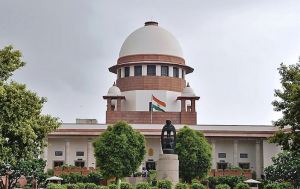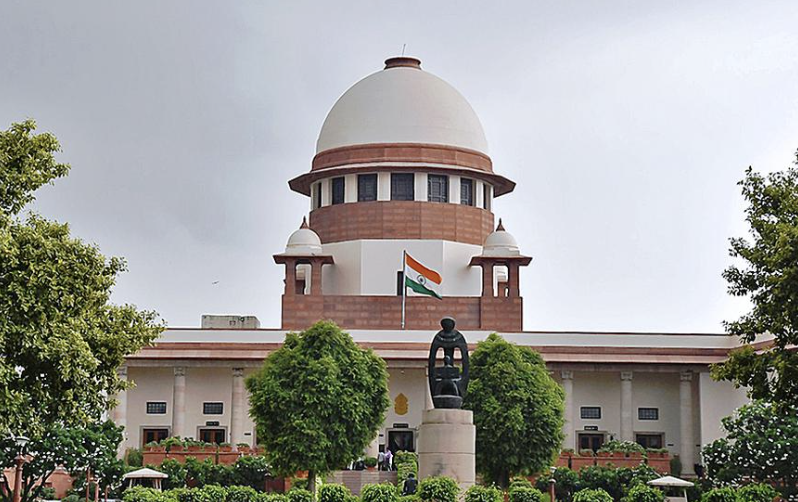NEW DELHI, Dec 4: A five-judge Constitution bench led by Chief Justice D. Y. Chandrachud has been notified by the Supreme Court to reconsider its 2018 ruling, which held that a stay granted in a criminal or civil case by a lower court or high court will automatically expire after six months unless it is specifically extended. Justices Abhay S. Oka, JB Pardiwala, Pankaj Mithal, and Manoj Misra will serve on the Constitution bench, according a notice posted on the website of the supreme court. After the proceedings in another case pertaining to the constitutional validity of section 6A of the Citizenship Act concerning illegal immigrants in Assam are over, the Constitution bench will begin deliberating on the matter.On December 1, the highest court sent its 2018 ruling on court-granted stays back to a five-judge Constitution bench for review. Senior counsel Rakesh Dwivedi argued on behalf of the High Court Bar Association of Allahabad before a three-judge panel led by the Chief Justice of India. He said that the 2018 ruling removed the authority granted to high courts under Article 226 of the Constitution. High courts are granted broad authority under Article 226 of the Constitution, which allows them to impose writs and orders on any individual or government for the purpose of upholding basic rights and other objectives.
In the Asian Resurfacing of Road Agency P Ltd Director vs. CBI case, a three-judge bench ruled that any temporary orders of stay issued by lower courts, including high courts, will automatically expire unless they are expressly extended. As a result, after six months, no trial or proceedings may be postponed. Later on, though, the highest court made it clear that if the stay order has been issued by it, the verdict will not be effective. The CJI-led bench first accepted Dwivedi’s arguments and stated that since the top court’s three-judge panel gave the contested decision, Dwivedi’s petition would be heard by a five-judge bench. The bench cited the 2018 judgement’s conclusions and stated that the directives meant that, in all cases—civil or criminal—orders of stay, once granted, should not be extended beyond six months unless expressly done so.“We are not quite convinced that the broad articulation of the concepts in the aforementioned language is correct. The bench stated, “We believe that the principle established in the aforementioned decision—which states that a stay would automatically be vacated—is likely to lead to an injustice.


